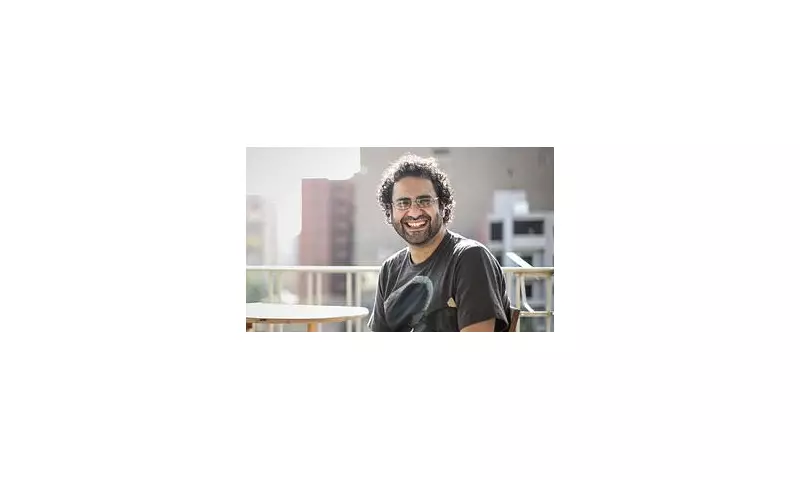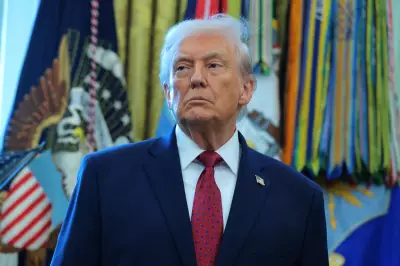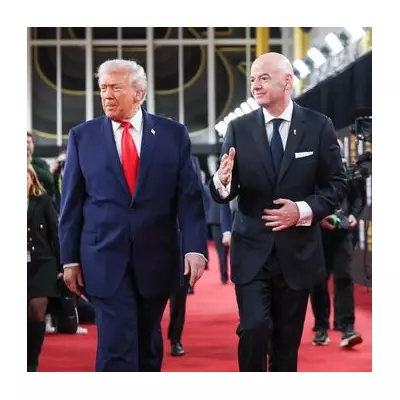
The six-year nightmare for British-Egyptian activist and software developer Alaa Abd El-Fattah has finally ended. In a dramatic turn of events, the prominent pro-democracy campaigner has been pardoned and released from a notorious Egyptian prison, concluding a harrowing ordeal that sparked a global movement for his freedom.
Abd El-Fattah's imprisonment became a symbol of Egypt's harsh crackdown on dissent. Held in what his family described as 'hellhole' conditions, his health deteriorated severely. His plight captured international attention, galvanising world leaders, human rights organisations, and public figures.
A Battle Waged with Hunger Strikes
The activist's primary weapon against his imprisonment was a series of desperate hunger strikes. At one critical point, he escalated his protest by also refusing water, bringing him perilously close to death. This extreme measure triggered an urgent international outcry, putting immense pressure on the Egyptian authorities.
His family, particularly his sisters Sanaa and Mona Seif, led a relentless campaign from the UK. They tirelessly lobbied the British government, arguing that as a British national, more had to be done to secure his release.
International Pressure Reaches a Crescendo
The case became a major point of discussion between the UK and Egypt. Prime Ministers, including Liz Truss and Rishi Sunak, were repeatedly called upon to raise the issue directly with Egyptian President Abdel Fattah al-Sisi. The German and French governments also voiced their deep concerns, making Abd El-Fattah's freedom a consistent topic in diplomatic circles.
The news of his pardon was confirmed by his family and their legal team. While the exact reasons behind the sudden decision remain unclear, it is widely seen as a direct result of the sustained and powerful global campaign that refused to let his case be forgotten.
A Cautious Homecoming
While his release is a moment of immense relief and celebration for his family and supporters, the long-term impact of his years of incarceration is a grave concern. The focus now shifts to his recovery and rehabilitation after enduring years of trauma and isolation.
Alaa Abd El-Fattah's release marks a significant victory for human rights advocacy, demonstrating that sustained international solidarity can force change. However, it also serves as a stark reminder of the many other political prisoners who remain behind bars in Egypt.





